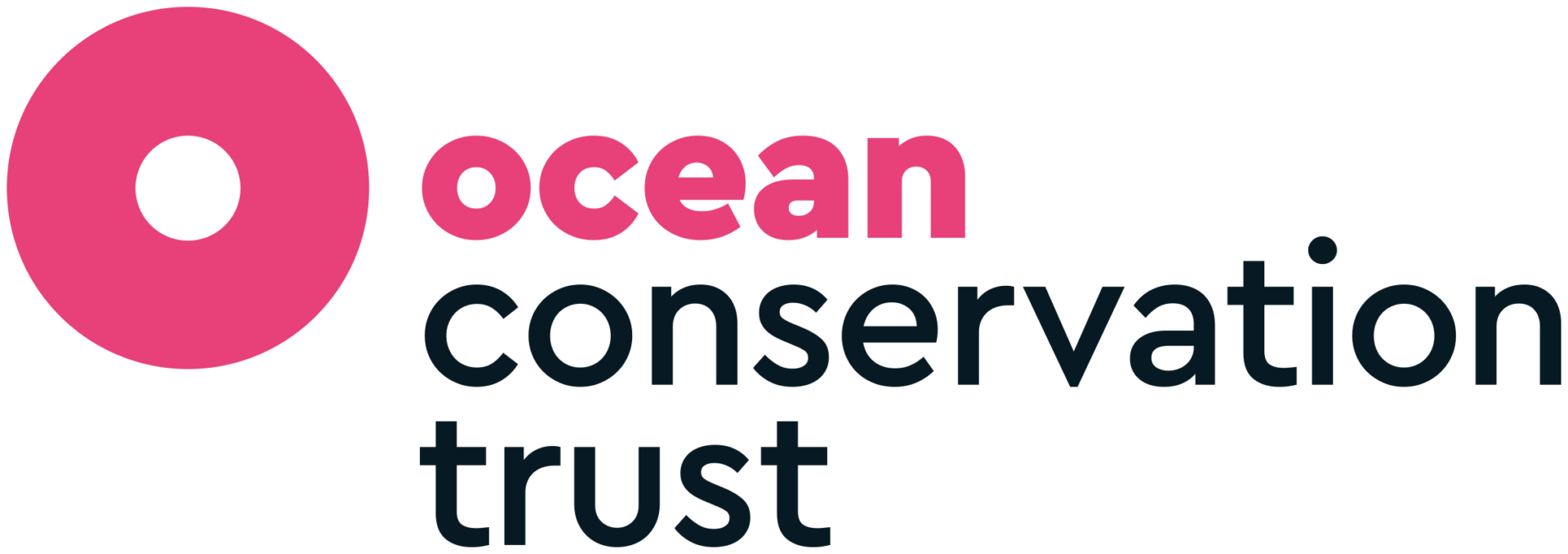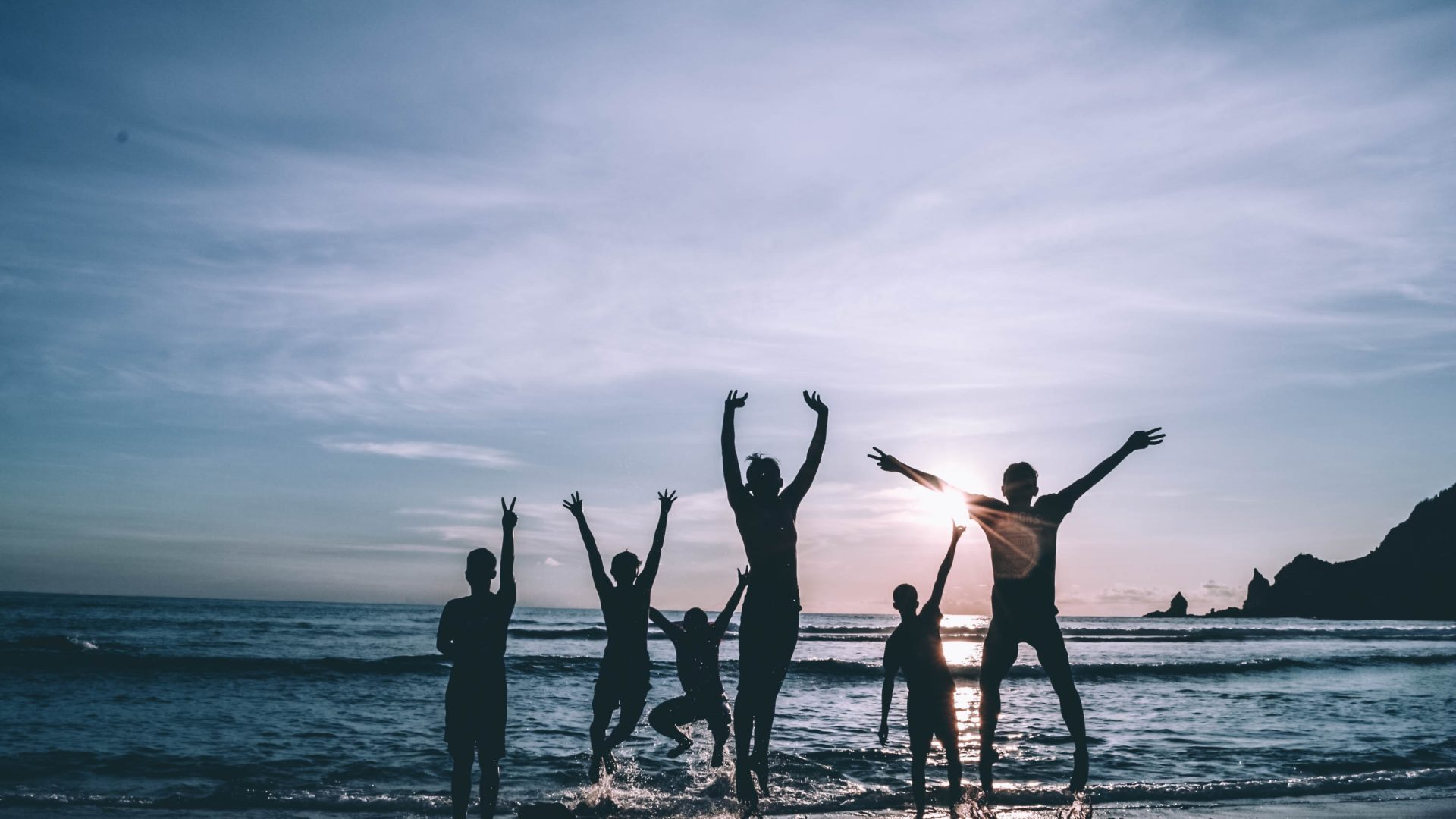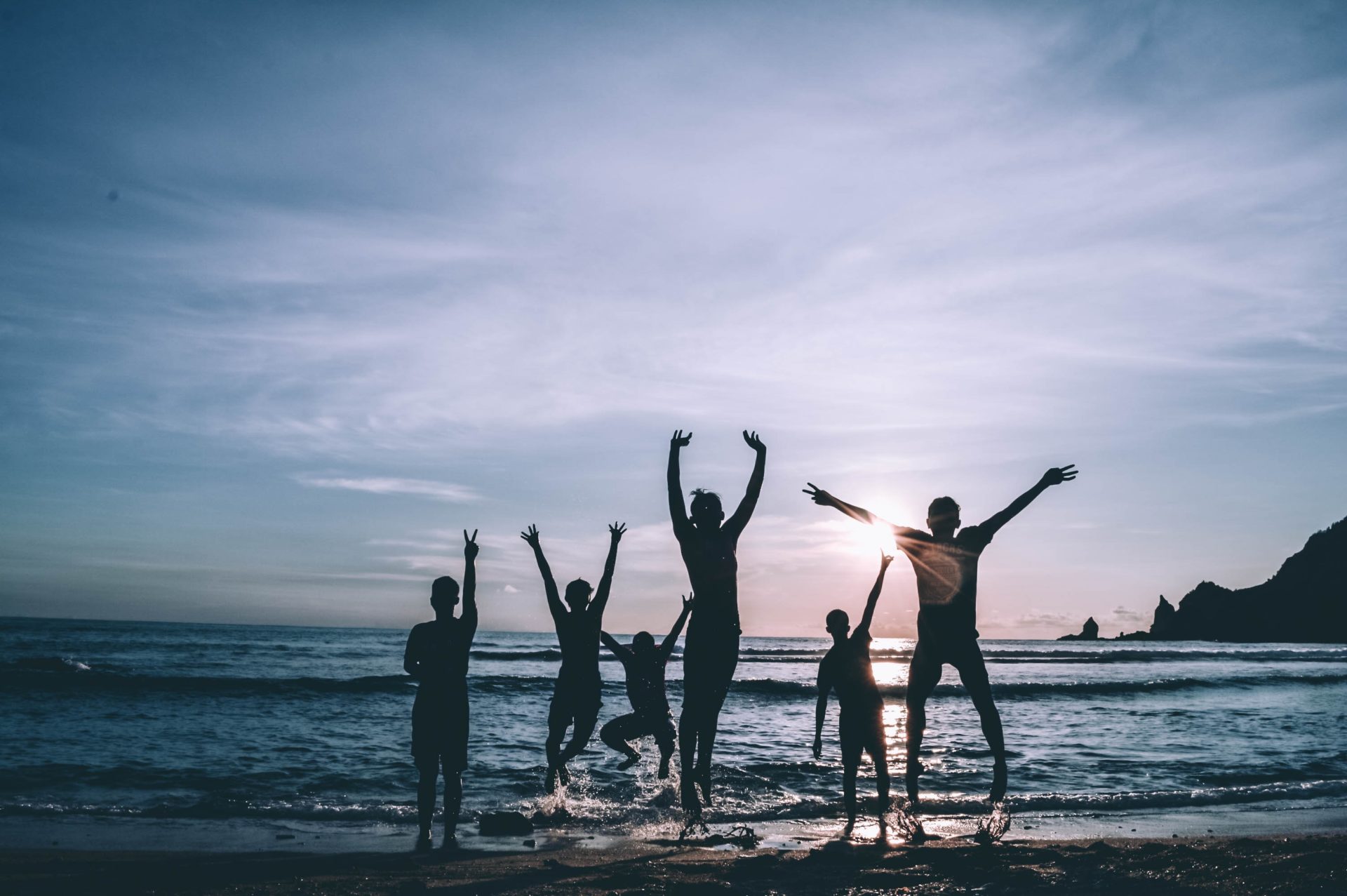In October each year Ocean Conservation Trust (OCT) educators take to the stage at Plymouth University to present a lecture on the importance of Ocean literacy within conservation for the Masters (MSc) students studying Marine Conservation.
Alongside this great achievement, the OCT also works with Master’s students to complete their dissertation. This year Jack Renwick completed his dissertation titled ‘Creating Connections within a National Marine Park’ at the National Marine Aquarium in Plymouth which is run by the Ocean Conservation Trust.
Jack outlines his time conducting his dissertation in which he got a distinction (Go Jack!) during COVID-19. Despite setbacks, Jack got stuck in and found some very interesting results!
“I was very fortunate to be able to undertake my master’s dissertation project with the National Marine Aquarium (NMA) this year.
During my master’s course we had the chance to undertake our dissertation projects with an external organisation. There was a range of projects suggested by over 20 possible partners, but the project put forward by the NMA perfectly aligned with my interests of outreach and communication, making the choice an easy one. The project was intended to run in conjunction with the first summer since the establishment of the Plymouth Sound National Marine Park (PSNMP), which has been in progress since September 2019.

Just for a little bit of background, PSNMP is the first National Park of its kind in the UK, and it aims to deepen the connections between people and the ocean. It does not offer any additional legal protections for the area, rather it tries to enhance the marine profile of Plymouth Sound.
The original plan for the project was to investigate which of the NMA’s outreach activities was the most effective at connecting people to the National Marine Park. These activities included: snorkelling, boat trips, and beach cleans. I was really looking forward to this, as it would mean I could do the activities myself as well as collecting data! However, like almost everything else this year, these activities were cancelled due to the first COVID-19 lockdown.
Therefore, we switched the project to focus on online activities. Thankfully, the NMA already had an extensive library of online activities which I could chose from. I picked three which gave the study a range of activities and learning types.
The purpose my study was to review the online activities produced by the NMA focusing on the effectiveness of online activities at connecting people with the PSNMP. The activities I chose were: a ‘Rockpool Ramble’ featuring the Plymouth Sound exhibit at the NMA; a craft activity where participants were shown how to make marine animals from spare toilet roll tubes; and an ‘Aquarium Relax’ video which features the Eddystone tank at the NMA.
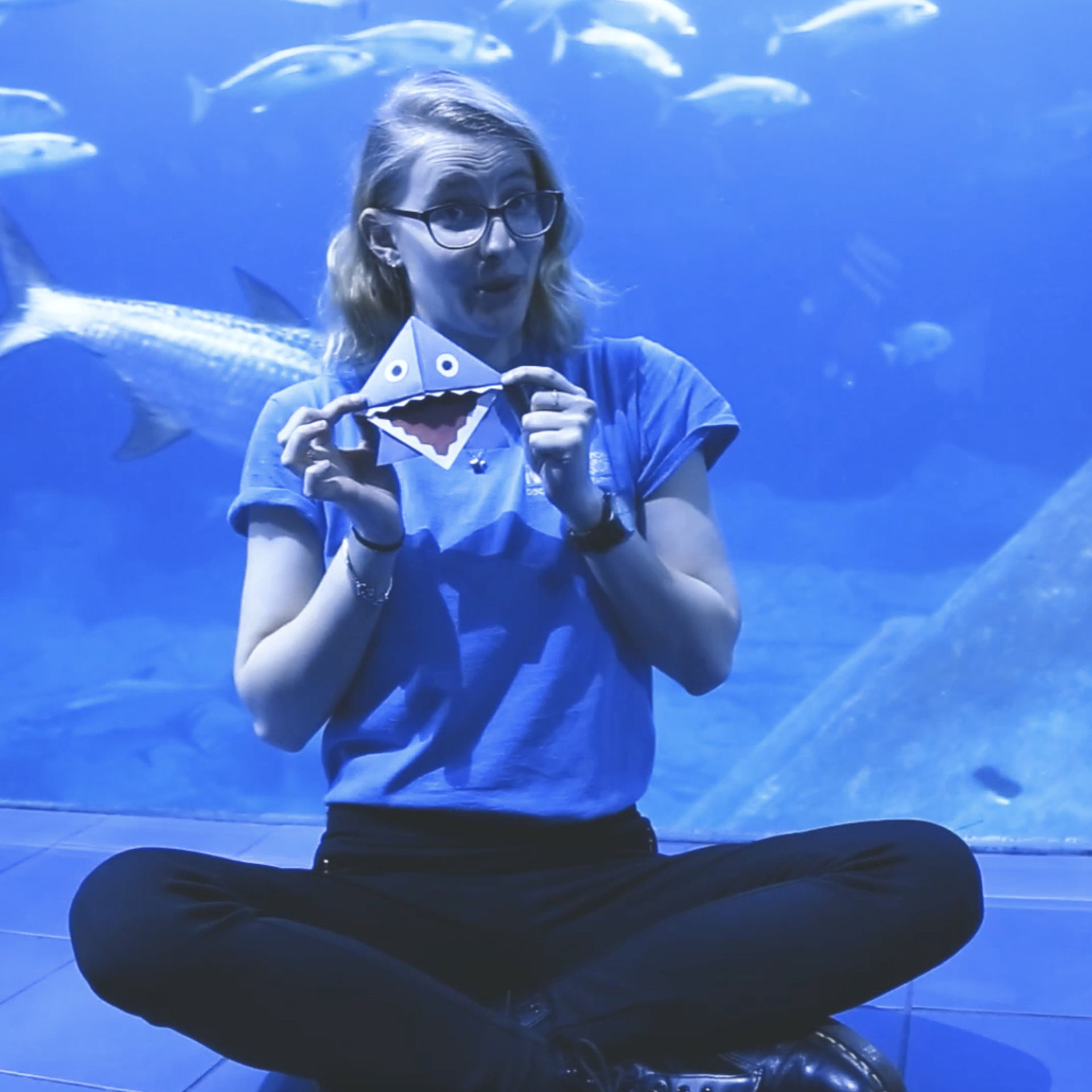
There was little difference in the effectiveness of the activities at developing communication skills to talk about PSNMP and inspiring a desire to engage further with PSNMP, but responses were generally positive overall for all activities. However, no online activity was as effective as in person visits to the NMA.
Undertaking this project during a global pandemic was certainly challenging. From having to entirely rethink the main question of the project and therefore re-plan how data would be collected, to not even being able to visit the library until the last month or so of the project, to say it was a bit of a struggle would be an understatement. However, thanks to the help of the NMA, my advisors, and my course mates, I got through it and have received a Merit for my efforts.
The study found that activities which were enjoyable and directly educational were the most effective at connecting people with Plymouth Sound National Marine Park. The activities were also shown to increase understanding of PSNMP and to develop positive feelings towards it. I think one of the most interesting findings from this study was that none of the online activities were as effective as an in person visit to the NMA. So, whilst online activities are an important outreach tool, they do not compare to going and having a look around the aquarium yourself.
I hope these findings can be implemented in future online content, especially during the second lockdown, as visits to the NMA have once again come to a halt.
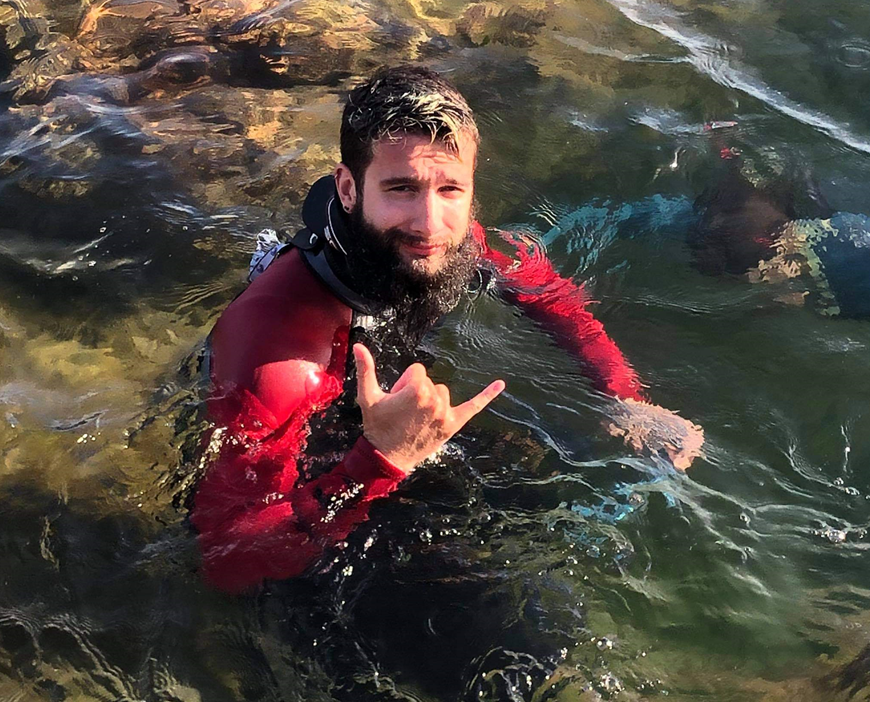
I am glad that I can continue working with the NMA as a volunteer, as obviously I was unable to engage with visitors in person over the summer. Getting to use my knowledge and skills obtained from this project whilst talking to visitors at the NMA is very rewarding. Especially so as engaging with people in person is more effective than using online activities.
Overall, I thoroughly enjoyed conducting this research project in conjunction with the NMA. It has equipped me with a vast range of skills that will be very useful for a career in marine conservation.”
Thank you for your fantastic contribution Jack, from all of the team at the OCT and NMA!
